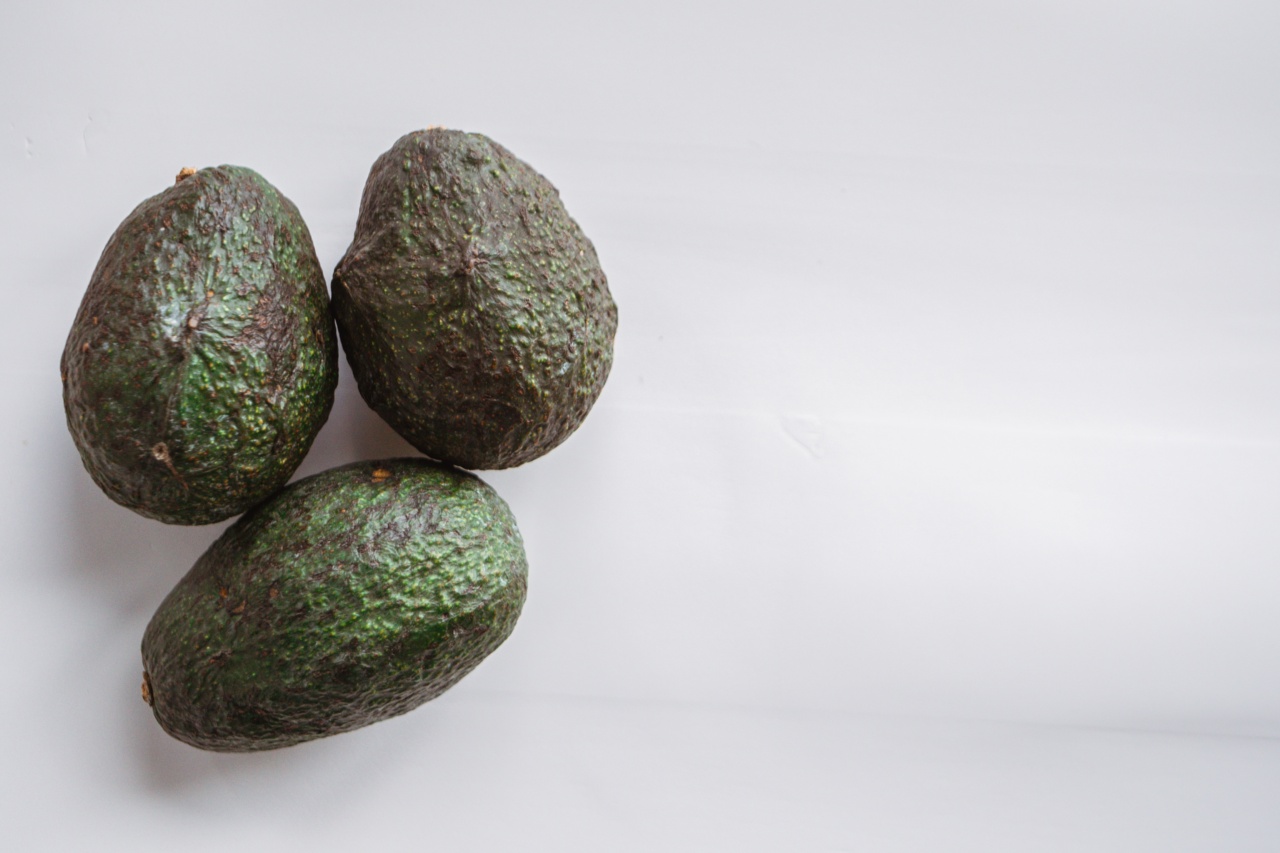Having dry skin can be uncomfortable and irritating. It can make your skin appear dull, flaky, and even cause itchiness.
While there are numerous skincare products available in the market to combat dry skin, one often overlooked solution is incorporating vitamins into your daily routine. Vitamins play a crucial role in maintaining healthy skin by providing essential nutrients that help moisturize and nourish your skin from within.
In this ultimate guide, we will explore the top vitamins that can help you get rid of dry skin and achieve a healthy, glowing complexion.
Vitamin A
Vitamin A is a powerful antioxidant that not only supports overall skin health, but also helps combat dryness. It aids in the production of collagen, a protein responsible for maintaining the elasticity of the skin.
Additionally, vitamin A promotes cell turnover, which helps shed dead skin cells and allows newer, healthier cells to surface. You can increase your vitamin A intake by consuming foods like carrots, sweet potatoes, spinach, and kale. Alternatively, you can opt for vitamin A supplements after consulting with a healthcare professional.
Vitamin B Complex
The B complex vitamins, including B1, B2, B3, B5, B6, B9, and B12, are essential for healthy skin. They help maintain the skin’s moisture barrier and play a crucial role in cellular metabolism.
Vitamin B3, also known as niacinamide, is particularly effective in preventing water loss, improving skin hydration, and reducing inflammation. Foods rich in vitamin B complex include whole grains, legumes, eggs, dairy products, and leafy greens. Additionally, you can consider taking a B complex supplement to ensure sufficient intake.
Vitamin C
Vitamin C is widely known for its immune-boosting properties, but it is also essential for maintaining healthy skin. It aids in collagen synthesis, which helps improve the skin’s elasticity and reduce dryness.
Vitamin C also acts as an antioxidant, protecting the skin from free radicals that can cause premature aging. Citrus fruits, strawberries, bell peppers, and leafy greens are excellent sources of vitamin C. If you prefer supplementation, look for vitamin C serums or supplements specifically formulated for skincare purposes.
Vitamin D
Vitamin D is vital for overall health, and its deficiency has been associated with dry skin conditions like eczema. While our bodies can produce vitamin D through exposure to sunlight, it is also present in limited dietary sources.
Including foods such as fatty fish, eggs, and fortified dairy products in your diet can help boost your vitamin D levels. However, if you live in a region with limited sunlight or have a deficiency, vitamin D supplements might be necessary. Consult with a healthcare professional to determine the appropriate dosage.
Vitamin E
Vitamin E is a potent antioxidant that protects the skin from damage caused by free radicals. It has incredible moisturizing properties and helps prevent water loss, making it an excellent choice for combatting dryness.
The most common form of vitamin E is alpha-tocopherol, which can be found in various vegetable oils, nuts, seeds, and green leafy vegetables. Applying vitamin E oil topically can also offer soothing relief for dry, itchy skin.
Vitamin K
Although vitamin K is not as widely recognized for its skincare benefits as other vitamins, it plays a vital role in maintaining healthy skin.
Vitamin K helps reduce the appearance of dryness and wrinkles by improving blood circulation and strengthening capillary walls. Leafy greens like kale, spinach, and broccoli are excellent dietary sources of vitamin K. You can also find topical creams and serums that contain this vitamin for targeted application to dry areas of the skin.
Zinc
While not a vitamin, zinc is a vital mineral that contributes to overall skin health. It aids in collagen synthesis, supports cellular repair, and helps maintain the integrity of the skin’s moisture barrier.
Zinc deficiency has been linked to dry skin conditions like eczema and dermatitis. Including zinc-rich foods such as seafood, poultry, legumes, nuts, and seeds in your diet can help combat dryness. Zinc supplements can also be beneficial, but it is essential to follow the recommended dosage.
Omega-3 Fatty Acids
Omega-3 fatty acids are essential fats that play a crucial role in maintaining healthy skin. They help regulate oil production, reduce inflammation, and improve hydration.
Foods rich in omega-3 fatty acids include fatty fish like salmon, mackerel, and sardines, as well as chia seeds and flaxseeds. Alternatively, you can opt for fish oil supplements to ensure an adequate intake of these beneficial fatty acids.
Hydration is Key
While vitamins can significantly improve dry skin, it is equally important to maintain proper hydration levels. Drinking an adequate amount of water helps keep your skin moisturized from within.
Additionally, consider using a humidifier in your living or sleeping area, especially during dry seasons or in regions with low humidity.
Protect Your Skin
While incorporating the right vitamins into your routine can effectively combat dry skin, it is crucial to protect your skin from external factors that can worsen dryness.
Exposure to harsh weather conditions, hot showers, and overly drying skincare products can strip your skin of its natural oils. It is essential to shield your skin by wearing appropriate clothing, using lukewarm water for showers, and opting for gentle, hydrating skincare products.
Conclusion
When it comes to banishing dry skin, vitamins can be your secret weapon.
Whether consumed through a balanced diet or supplemented, vitamins such as A, B complex, C, D, E, K, as well as minerals like zinc and omega-3 fatty acids, play a vital role in improving skin health and combating dryness. Remember to consult with a healthcare professional before incorporating any supplements into your regimen and maintain a consistent skincare routine that includes hydrating and protecting your skin.
With the right vitamins and practices, you can achieve a smooth, supple, and hydrated complexion.































